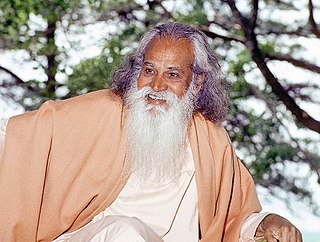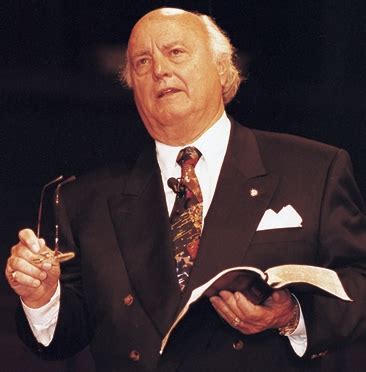A Quote by Swami Satchidananda
The five points of yama, together with the five points of niyama, remind us of the Ten Commandments of the Christtian and Jewish faiths, as well as of the ten virtues of Buddhism. In fact, there is no religion without these moral or ethical codes. All spiritual life should be based on these things. They are the foundation stones without which we can never build anything lasting. (127)
Related Quotes
Anyway, members of the Inquisitorial Squad do have the power to dock points so, Granger, I'll have five from you for being rude about our new Headmistress. Macmillan, five for contradicting me. Five because I don't like you, Potter. Weasley, your shirt's untucked, so I'll have another five for that. Oh yeah, I forgot, you're a Mudblood, Granger, so ten off for that.
The incipient magician will confess his faith to a universal religion. He will find out that every religion has good points as well as bad ones. He will therefore keep the best of it for himself and ignore the weak points, which does not necessarily mean that he must profess a religion, but he shall express awe to each for of worship, for each religion has its proper principle of God, whether the point in question be Christianity, Buddhism, Islam or any other kind of religion.
You know, it's ironic to me that Christians want to keep the Ten Commandments in our schools, because Christianity has abrogated four of the Ten Commandments. For example, the Sabbath day according to the Ten Commandments is Saturday, not Sunday. And the reason is because God rested, not because Jesus was resurrected.
Our modern world defined God as a ‘religious complex’ and laughed at the Ten Commandments as OLD FASHIONED. Then, through the laughter came the shattering thunder of the World War. And now a blood-drenched, bitter world — no longer laughing — cries for a way out. There is but one way out. It existed before it was engraven upon Tablets of Stone. It will exist when stone has crumbled. The Ten Commandments are not rules to obey as a personal favor to God. They are the fundamental principles without which mankind cannot live together.
The religion of the future will be a cosmic religion. It should transcend a personal God and avoid dogmas and theology. Covering both the natural and the spiritual, it should be based on a religious sense arising from the experience of all things, natural and spiritual, as a meaningful unity. Buddhism answers this description.
I think that there's room for everyone. I don't think that if one person succeeds then another must fail. That's lunacy. I'm not sure what the reasons are for my philosophy, maybe it's the fact that if there are ten people doing the same job, we all know how we feel and what our high points and low points are.
Perhaps five or even ten per cent of men can do something rather well. It is a tiny minority who can do anything really well, and the number of men who can do two things well is negligible. If a man has any genuine talent, he should be ready to make almost any sacrifice in order to cultivate it to the full.


































